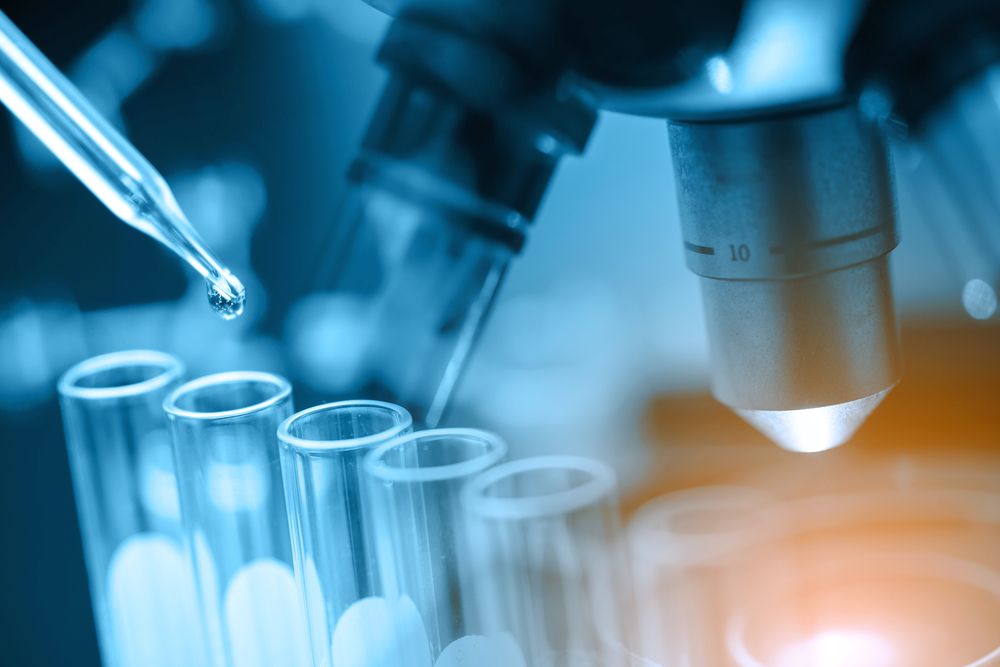
Nuclear Threat Initiative (NTI) CEO and Co-Chairman Ernest J. Moniz called on public and private sector leaders at last week’s 50th World Economic Forum (WEF) to work to reduce the biological risks associated with advances in technology.
Safety and security measures have not kept pace with biotechnologies, and this means countries are unprepared to identify risks and prevent the deliberate or accidental release of potentially pandemic agents.
Moniz asked leaders to launch a global organization to identify and reduce biotechnology-related risks and develop an international approach to prevent the illicit synthesis of dangerous biological agents.
In preparation for the forum, NTI and WEF released a report called Biosecurity Innovation and Risk Reduction: A Global Framework for Accessible, Safe and Secure DNA Synthesis.
The report made two recommendations: The first is the development of a common mechanism for screening DNA orders and the development of a larger system of common global life-science norms overseen by a globally recognized organization to prevent biotechnology disasters. The second is encouraging safe and secure technological development.
Viruses can be created using commercially available technologies, and more advanced DNA synthesis machines are expected to be available in two to three years.
There is no group within the United Nations or World Health Organization dedicated to identifying and providing guidance on emerging biotechnologies.




